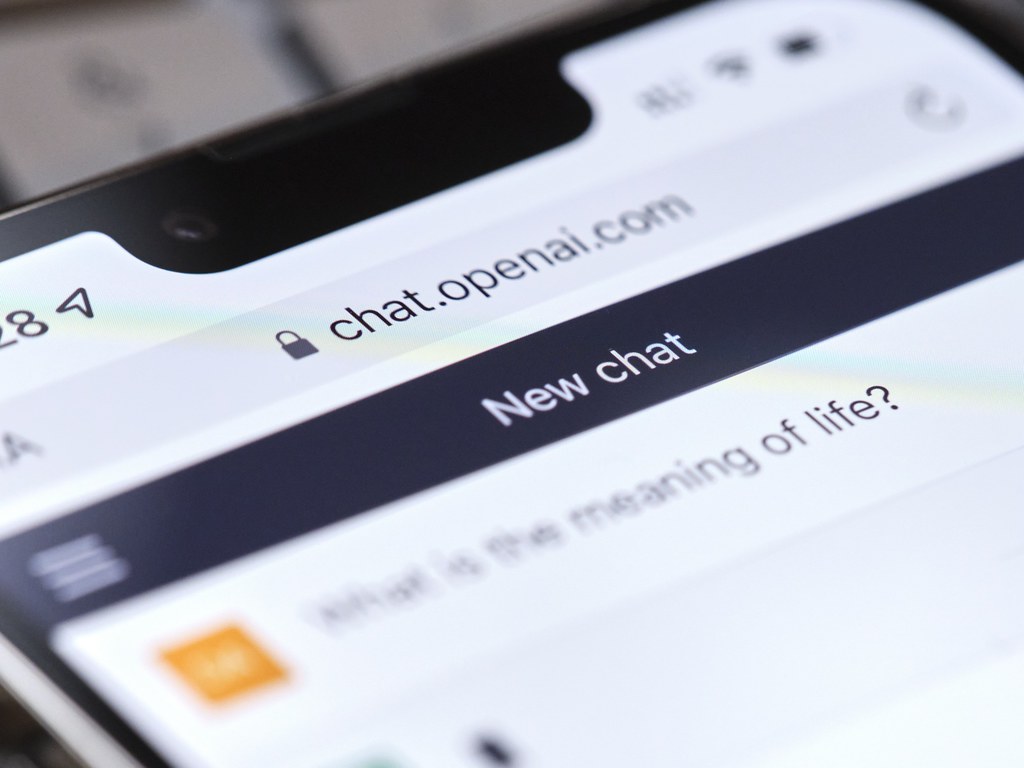In the ever-evolving landscape of education, the advent of generative artificial intelligence has introduced a new player into the academic arena: ChatGPT. A recent study published in the International Journal of Educational Technology in Higher Education has cast a spotlight on the implications of this technology, revealing a link between reliance on ChatGPT and negative academic outcomes such as procrastination, memory loss, and a decline in academic performance.

The research, spearheaded by Muhammad Abbas, an associate professor at the FAST School of Management, was motivated by the burgeoning presence of generative AI in educational settings and the consequential concerns among educators regarding its misuse. Abbas noted, ‘For the last year, I observed an increasing, uncritical, reliance on generative AI tools among my students for various assignments and projects I assigned.’ This observation prompted a deeper investigation into the phenomenon.
The study unfolded in two distinct phases. Initially, a scale was developed to measure the extent of ChatGPT’s academic use, which included items such as ‘I use ChatGPT for my course assignments,’ and ‘ChatGPT is part of my campus life.’ The second phase involved a survey of 494 university students over three timepoints, which allowed the researchers to establish a link between academic workload, time pressure, and increased usage of ChatGPT.
The findings were telling. Students under significant academic stress were more likely to turn to ChatGPT, with high levels of academic workload and time pressure acting as significant predictors. However, those more sensitive to rewards were less inclined to use ChatGPT, hinting at a concern for academic integrity. The study also uncovered that increased reliance on ChatGPT correlated with higher levels of procrastination and memory loss, and a negative impact on academic performance.
Abbas expressed surprise at some of the findings, particularly the role of sensitivity to rewards and the positive relationship between generative AI usage and procrastination and self-reported memory loss. The study did not find a significant relationship between sensitivity to quality and ChatGPT usage, suggesting that quality concerns do not necessarily deter students from using AI tools.
The implications of these findings are significant, highlighting the dual impact of ChatGPT in academia. While it can serve as a helpful tool under academic pressure, it also poses a risk to academic integrity and student learning outcomes. Abbas warns, ‘The average person should recognize the dark side of excessive generative AI usage. While these tools offer convenience, they can also lead to negative consequences such as procrastination, memory loss, and compromised academic performance. Also, factors like academic workload, sensitivity to rewards, and time pressure play significant roles in influencing students’ decision to use generative AI.’
Despite its insights, the study acknowledges limitations, including the possibility of bidirectional relationships between ChatGPT usage and academic outcomes. Future research could investigate the impact of using generative AI tools on cognitive abilities, mental well-being, and overall educational outcomes.
The study, ‘Is it harmful or helpful? Examining the causes and consequences of generative AI usage among university students,’ co-authored by Farooq Ahmed Jam and Tariq Iqbal Khan, serves as a crucial step in understanding the broader effects of ChatGPT usage on students’ learning outcomes and health, and sets the stage for further exploration into the responsible use of AI in education.





